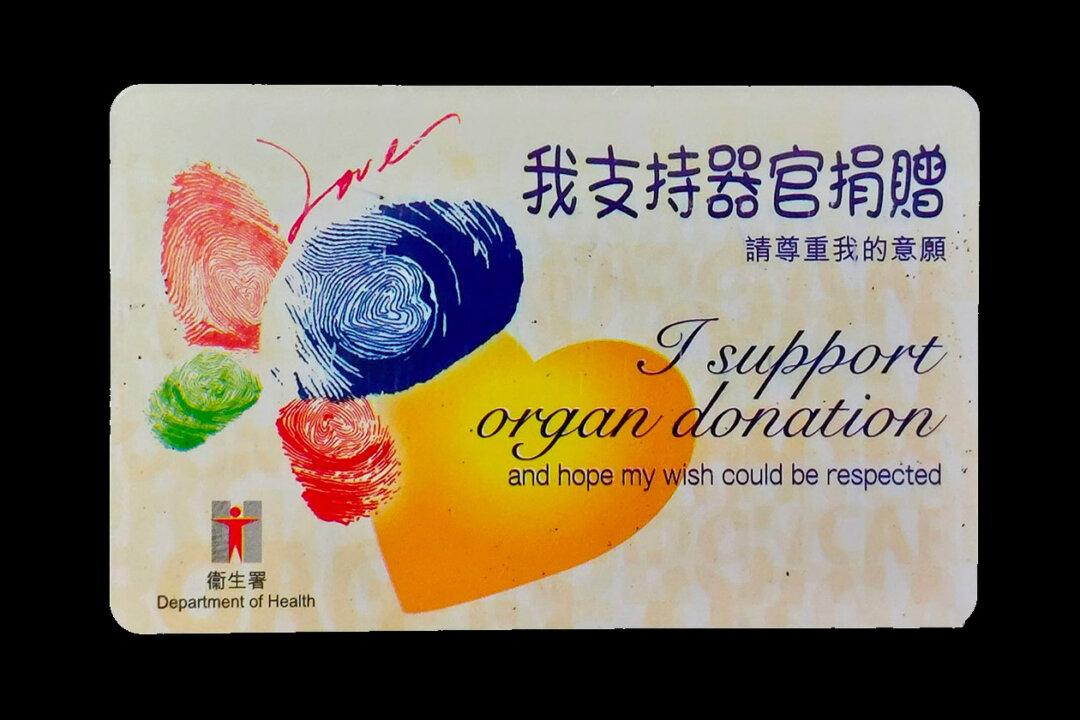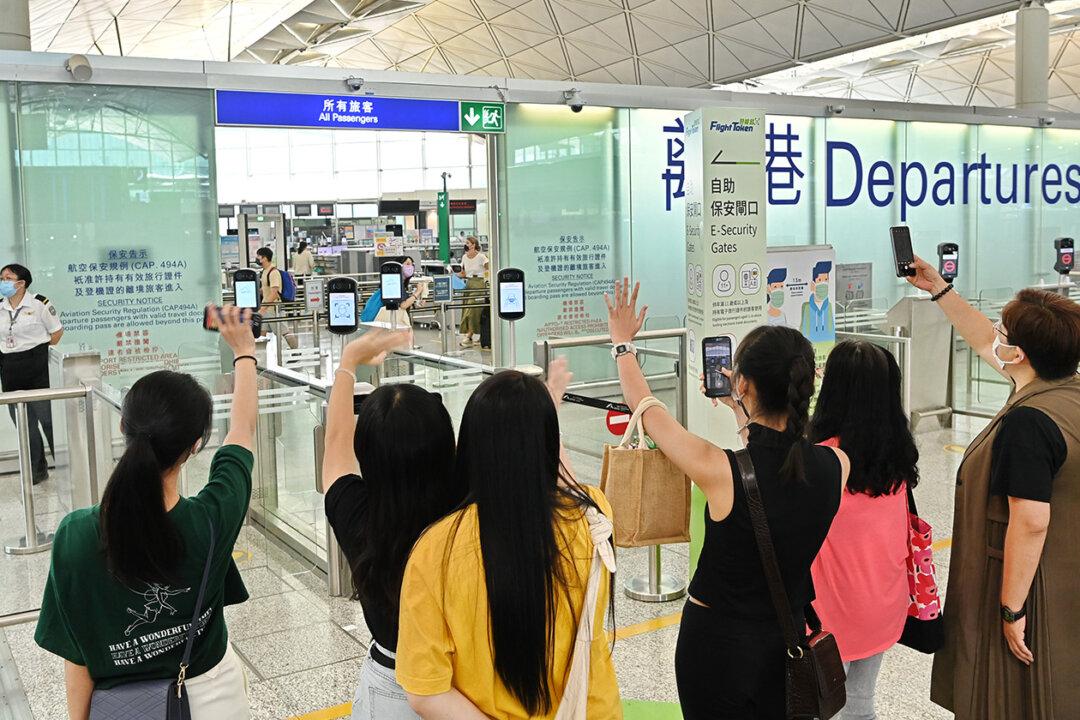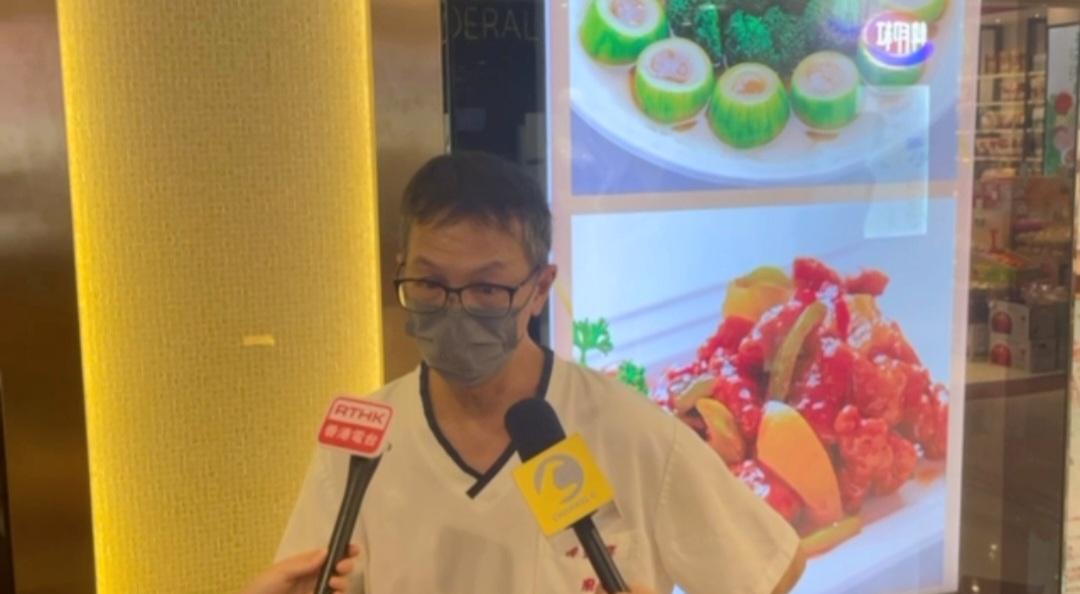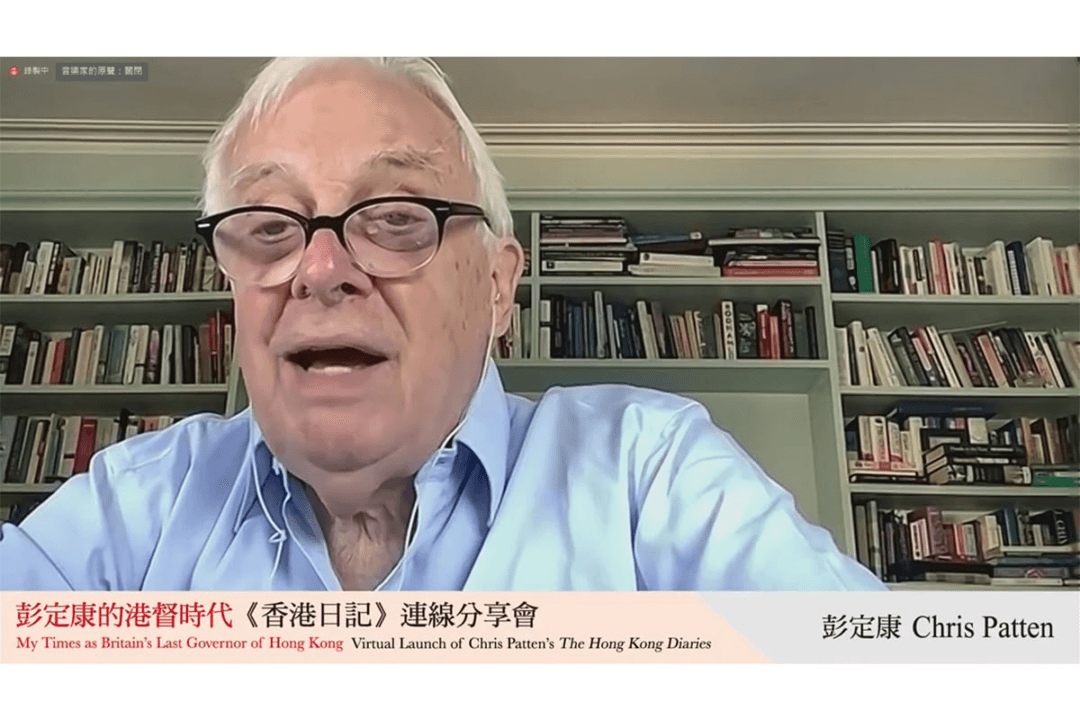Since Lo Chung-mau, Secretary for Health of the Hong Kong Hospital Authority, expressed his hope in December 2022 to integrate Hong Kong hospitals into the China Organ Transplant Response System (COTRS), the number of people canceling their organ donor registration skyrocketed in the same month.
Commentators suspect that the Chinese Community Party is trying to use Hong Kong to “internationalize its organ transplant business” while dodging restrictions of foreign countries against organ transplants in mainland China.




